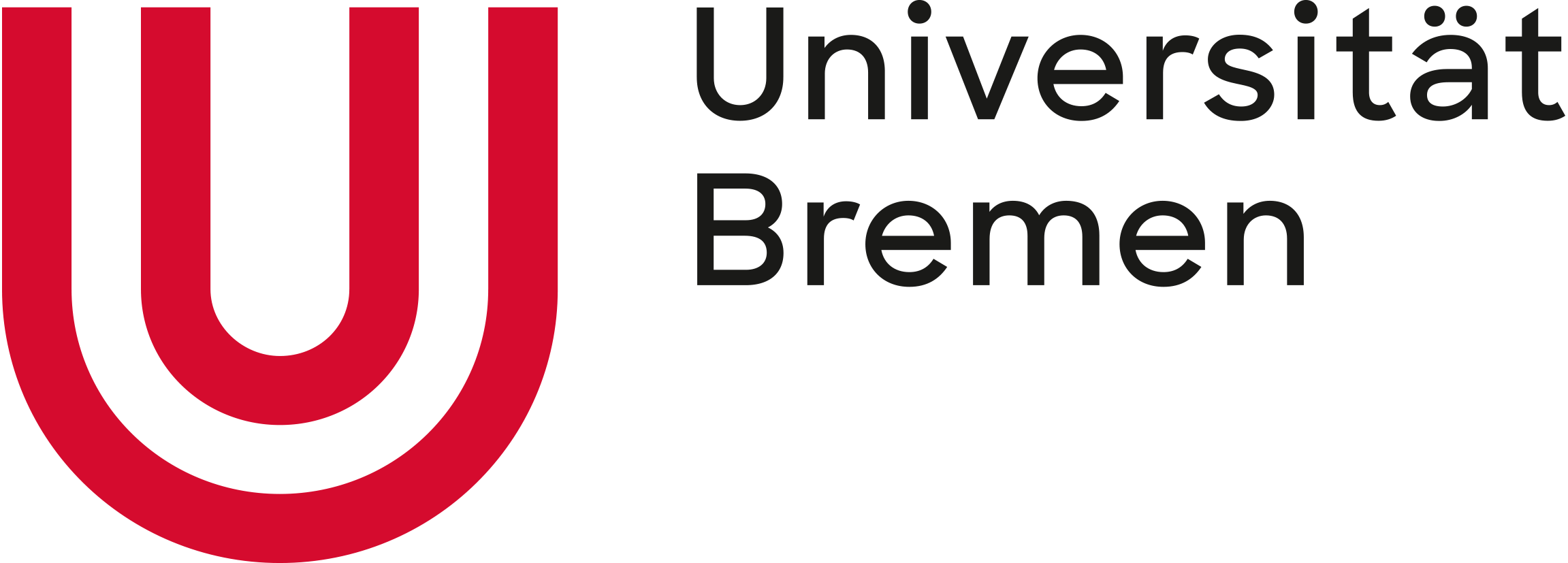Frauen-Team für DropTes ausgewählt
Im Rahmen des UN-Förderprogramms DropTes erhalten Studentinnen der "Universidad de Antioquia", Kolumbien, die Möglichkeit, Experimente im Fallturm Bremen durchzuführen.
- vollständige Pressemitteilung der beteiligten Partnerorganisationen leider nur auf Englisch verfügbar -
Joint press release:
VIENNA, 10 March (United Nations Information Service) - The United Nations Office for Outer Space Affairs (UNOOSA) together with the Center of Applied Space Technology and Microgravity (ZARM) at the University of Bremen, with the support of the German Aerospace Center (DLR) Space Agency, have selected an all-female team from the Universidad de Antioquia, Colombia, for the eighth round of the DropTES programme.
The project will examine the effects of microgravity on the deposition of tin drops and their properties, as well as the possibility of soldering in space. Research in this area is meant to lead to a more economical and efficient method of manufacturing and repairing in space. Through its unique composition, the team wants to share the message of gender equality in science and engineering fields and hopes to promote the interest of women and girls in STEM fields in Colombia and globally.
Delivered under the Hypergravity/Microgravity Track of the Access to Space for All initiative, DropTES allows selected teams to conduct microgravity experiments at the Bremen Drop Tower. This unique ground-based facility was developed to replicate the physical conditions/properties of space here on Earth offering scientists and researchers a one-of-a-kind affordable opportunity enabling new insights into a wide range of scientific fields.
Acting Director of UNOOSA Niklas Hedman said: "I am grateful for the long-standing support that ZARM and DLR offer through the DropTES programme. It is exciting that the Universidad de Antioquia of Colombia is already the 8 th awardee to take advantage of the microgravity research opportunities we offer together, and we are thrilled to see so many women involved in the selected team. Access to Space for All initiative provides a gradual learning path for building capacity in space activities and we hope that they will gain valuable knowledge and experience through this opportunity benefiting their future careers."
Director of ZARM Marc Avila said: "With the support of UNOOSA and DLR, we have created an opportunity for student teams from developing countries, or countries that do not have their own space programmes, to turn their interest in space into something real. Here at ZARM, these students find the support to design, build and finally test a microgravity experiment in our Drop Tower - normally used by professional scientists and space engineers. Hence DropTES allows them to have a glimpse into the professional space environment and serves as the first step into their professional space careers. I'm especially happy that the team selected this year consists of four exceptionally talented female students mentored by a female professor, which highlights our efforts to make the future space community truly diverse."
Project Manager of the Drop Tower at DLR Space Agency Tobias Saltzman, said: "The German Space Agency is proud to contribute the use of its national Drop Tower facility to the outstanding UNOOSA programme Drop TES, realizing microgravity experiments for students. We are convinced that the support of young scientists in realizing their scientific ideas is the keystone for solving the world's challenges to come."
Vice Dean of the Faculty of Engineering of Universidad de Antioquia Catalina Rodriguez said: "We find it extremely satisfying that our Vera Gravitas team is the awardee of the 8th round of the DropTES Programme. This experience constitutes a great opportunity for our students and professors who have opted to work in contexts of microgravity. The Faculty of Engineering of the Universidad de Antioquia highlights the importance of strengthening women in different fields of engineering, especially in the aerospace field. These programmes represent a step forward in the direction of achieving gender parity and building an inclusive society."
For more information, please contact:
Access to Space for All initiative Team
United Nations Office for Outer Space Affairs (UNOOSA)
Email: unoosa-access-to-space[at]un.org



 "
"